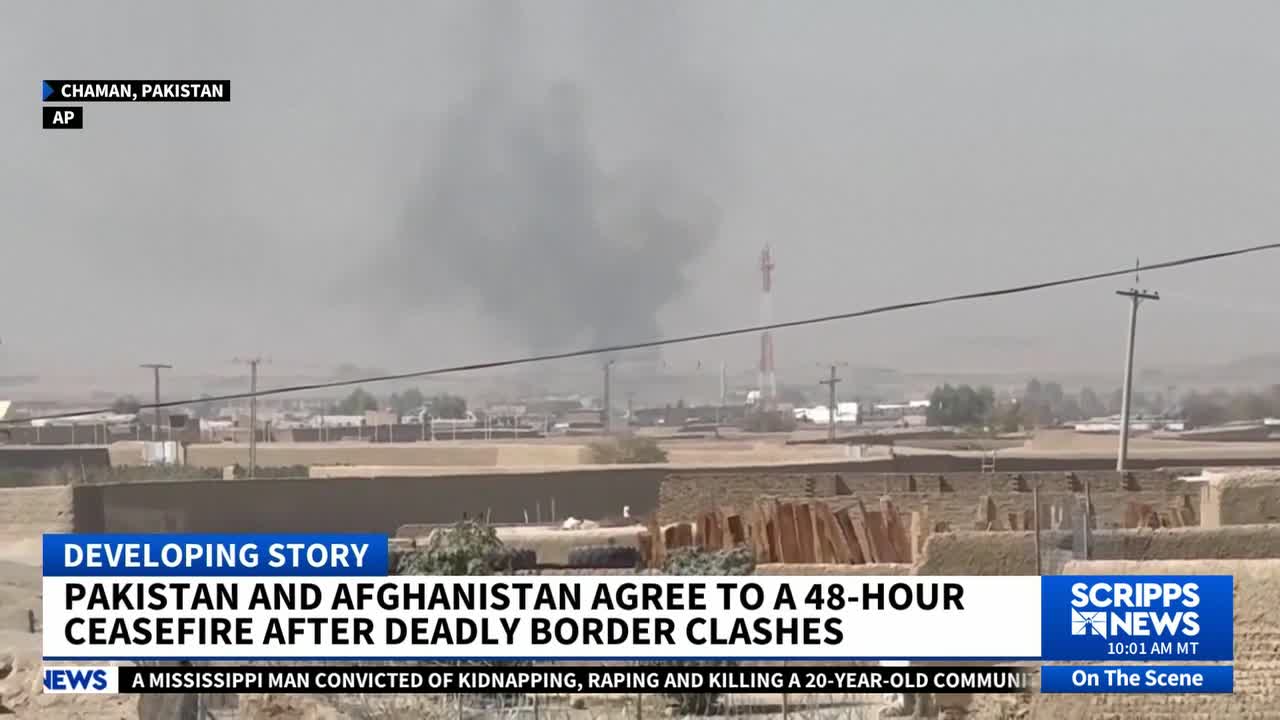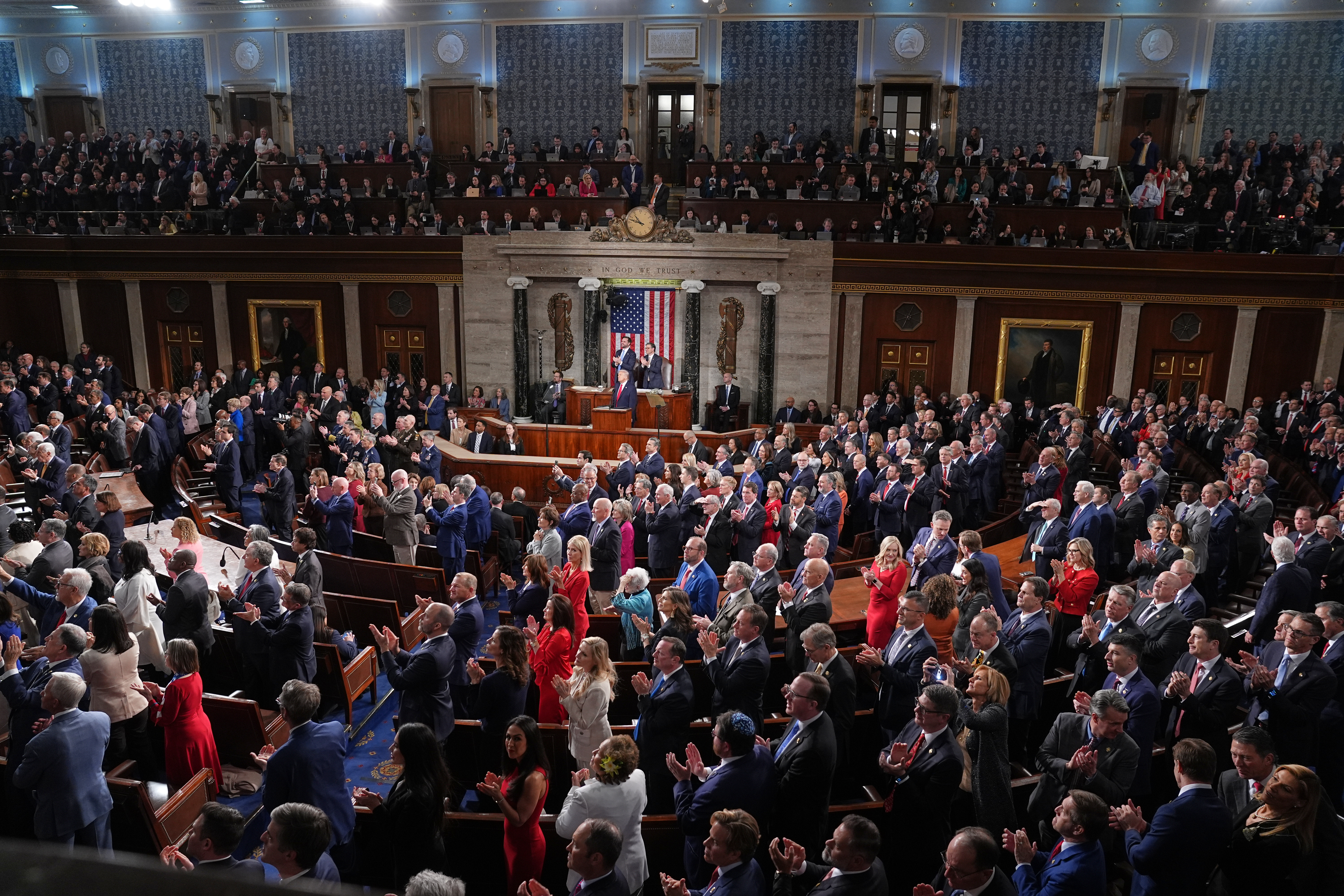Pakistan and Afghanistan on Wednesday announced a ceasefire following days of the deadliest clashes in years that killed dozens of people on both sides of the border.
The pause came after appeals from major regional powers, including Saudi Arabia and Qatar, as the violence threatened to further destabilize a region where groups, including the Islamic State group and al-Qaida, are trying to resurface.
Pakistan accuses Afghanistan of harboring armed groups, a charge rejected by the country’s Taliban rulers. Pakistan is grappling with militant attacks that have increased since 2021, when the Taliban seized power in Afghanistan.
Pakistan’s Foreign Ministry described the ceasefire as a 48-hour one and said the ceasefire was at Afghanistan’s request. Key border crossings remained closed.
FROM THE ARCHIVES | A look back at the US withdrawal from Afghanistan
Moments later, the Taliban government's chief spokesman, Zabihullah Mujahid, said the truce was at the "insistence” of the Pakistani side. His social media post did not mention a 48-hour time frame.
Earlier Wednesday, Pakistan said its troops killed dozens of Afghan security forces and militants in overnight fighting.
Humanitarian group Emergency NGO, which runs a surgical center in the Afghan capital of Kabul, said it received five dead and 40 wounded following explosions in the capital.
Dejan Panic, Emergency NGO’s country director in Afghanistan, said the victims had “shrapnel wounds, blunt force trauma and burns.” In a statement, he said 10 were in critical condition.
It was unclear what caused the blasts. There was an oil tanker explosion, confirmed by the Taliban. And two Pakistani security officials said their army had hit militant hideouts. They spoke on condition of anonymity because they were not authorized to speak with the media.
Mujahid, the Taliban spokesman, earlier said that Pakistani forces used light and heavy weapons in assaults on Spin Boldak in southern Kandahar province, with more than a dozen people killed and over 100 wounded. Afghan forces returned fire and killed several Pakistani soldiers, Mujahid said.
Pakistan maintains it has repelled “unprovoked” assaults, but denies targeting civilians during the fighting.
IN CASE YOU MISSED IT | Pakistan says it shot down 12 Indian drones amid fears of growing conflict
Meanwhile, people in the Pakistani border town of Chaman reported mortars falling near villages.
“People who live close to the border are leaving the area,” said resident Najibullah Khan, who urged the countries to end the fighting for good.
Pakistan’s border regions have experienced violence since 1979, when it became a frontline state in the U.S.-backed war against the Soviet Union in Afghanistan.
“After the Sept. 11 attacks, Pakistan’s tribal belt descended into chaos as the Afghan Taliban, al-Qaida and other groups operated from both sides of the border for attacks on NATO forces and Pakistani security forces," said Abdullah Khan, a defense analyst and managing director of the Pakistan Institute for Conflict and Security Studies.











